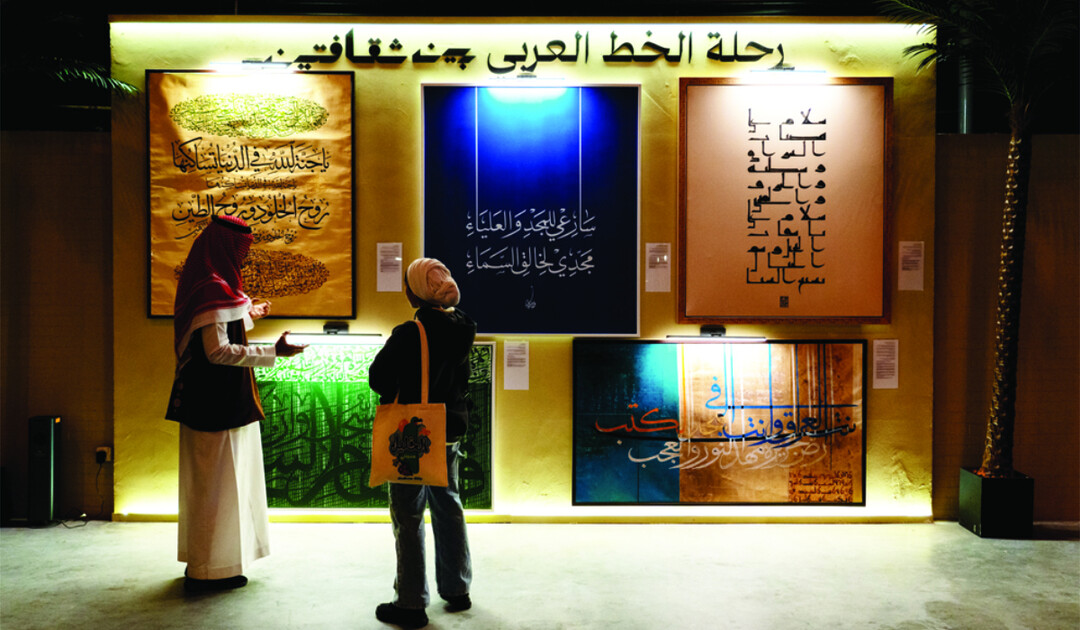
RIYADH – The second Common Ground festival, a joint initiative by the Saudi Ministry of Culture and the Iraqi Ministry of Culture, Tourism and Antiquities, is currently underway in Riyadh, showcasing the deep-rooted cultural ties between the two nations.
The festival, running until December 31st, offers a rich tapestry of art, music, literature, and cuisine, highlighting the shared history and cultural exchange that has flourished between Iraq and Saudi Arabia for centuries.
"This is not just an event, it's a celebration of our shared identity," said Alataf Ebrahim, head of the festival department at the Iraqi Ministry. "We are one culture, one society, and one message."
Key Highlights:
Al-Mutanabbi Street Recreation: A highlight of the festival is the recreation of Baghdad's iconic Al-Mutanabbi Street, a renowned hub for intellectual life. Visitors can explore bookstores, enjoy live music and art performances, and participate in panel discussions on cultural exchange.
"Beneath the Gaze of the Palms" Exhibition: Showcasing over 100 artworks from both countries, this exhibition explores themes of identity and heritage, featuring Islamic, Mesopotamian, and contemporary art.
Cultural Performances: The festival features a diverse program of live music and dance performances, including a joint oud performance by Saudi singer Abadi Al-Johar and Iraqi artist Naseer Shamma.
Culinary Delights: Visitors can savor local delicacies from both Iraq and Saudi Arabia, immersing themselves in the rich culinary traditions of both nations.
Shared History and Cultural Exchange:
The festival emphasizes the historical and cultural connections between the two countries, highlighting the exchange of ideas, art, and literature along ancient trade routes like Darb Zubaida.
"Saudi poetry and handicrafts were transferred to Iraq, while Iraqi literary and cultural heritage was transferred to Saudi Arabia," Ebrahim explained.
The Common Ground festival aims to strengthen cultural understanding and foster closer ties between the people of Iraq and Saudi Arabia.
[Copyright (c) Global Economic Times. All Rights Reserved.]






























